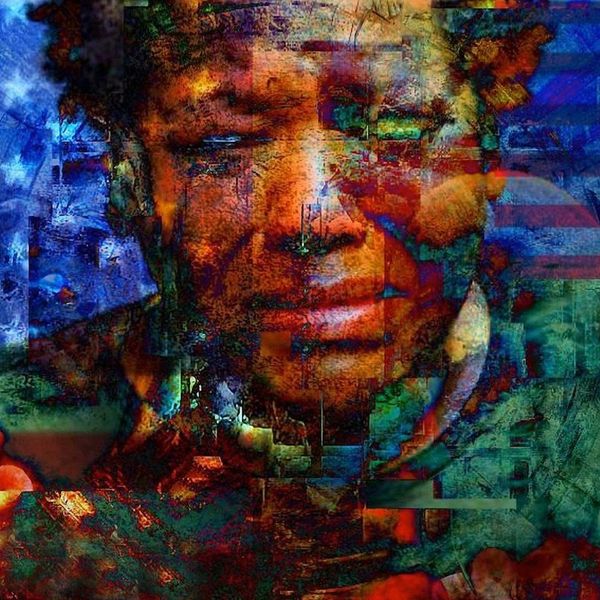Considering the fact that Trump's "Wall" plan is one of the only policies that Trump has decided to explain in any amount of detail, this article will be dedicated to examining why, exactly, it's a bad idea.
I'm going to preface this article by first making explicitly clear that this issue isn't just about a surplus of immigrants. I think what a lot of white people like to forget about Trump's supremacist agenda is that the United States has been, and always will be, a country of immigrants. White people don't come from the Americas. Rather, this land was forcibly taken from its rightful owners and then fenced up. Then, the very people we had stolen the land from were carted across the country, out of their homes forever.
Secondly, what I think white people need to understand, is that the color of this country has almost always been decided by white people and the color of blue collar labor has almost always been decided by white people. When white people thought the Native Americans were a problem, we moved them out. When white people needed more workers, we brought black people in. And now white people have decided that we have too many brown people and the pattern repeats itself.
That being said, Trump's Wall is about more than just taking jobs back (jobs that, quite frankly, white people don't even want) it's about white people being in control of the color of this country like we always have been. By building a wall to physically separate us from a portion of the world, not only does this fail to "keep the bad guys out," but it also separates families, is founded in a purely xenophobic doctrine.
I think that a lot of Trump's supporters are forgetting that these are people that we're talking about. Actual, real life, breathing people, and while US immigration is an issue that needs to be addressed, that doesn't mean that we have to set aside our humanity in order to do so.
Putting that aside, however, let's focus on the purely financial aspect of building the wall. Not only would the construction total around 25 billion dollars, but the maintenance fees would eventually belly the initial cost after a mere seven years of standing. But if you asked, Trump, he would tell you 3 billion and then 6 billion and then 8 billion –– and then...
Let's put this into perspective for a moment. To install the cheapest urban fencing possible would start at 2.8 million dollars per mile. Other types of fencing like the SBI fencing in San Diego started at around 58 million dollars to cover 3.5 miles. But even then, even putting aside the extreme cost, Trump would have to face obtaining the rights to the land that he plans to build on considered a portion of it is Tribal land and therefore does not belong to the United States Government. Alongside these figures, the planned deporting of 11 million immigrants would not only cost the United States government 300 billion dollars to achieve
Ultimately, what white people need to understand is that more goes into building a wall than we think. Not only does a wall symbolize an inherent need to keep anyone we don't like out, but it would cost the country more money than we can afford to spend.





















